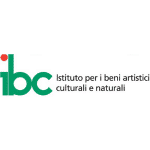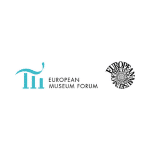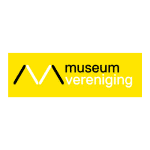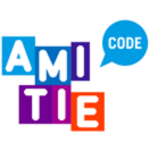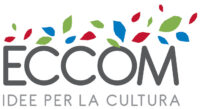|2005 – 2007| A project to promote the training of staff who deal with adult education in museums.
The term Lifelong learning includes all learning activities that take place outside formal contexts (school, training or professional updating, etc.), which correspond to about 80% of what we learn during our existence.
Contemporary society, characterized by the fast pace with which it develops and spreads innovation, cannot fail to support actions that encourage individuals to learn, both professionally and personally, to adapt to a reality in constant and rapid transformation.
In the community context, lifelong learning is supported by specific programs, such as the Grundtvig actions of the Socrates Community Program, currently in their fourth year, with which transnational cooperation and lifelong learning projects are funded.
Within this context, and even more so in the lines traced by community programs, cultural institutions are recognized as having a fundamental role as non-formal learning places, capable of attracting people of different ages and social backgrounds, of transferring knowledge and developing skills in unconventional ways and more in accordance with the interests of individuals.
Museums in particular offer an environment where it is possible to learn even in an informal way, soliciting interests, curiosities, exposing individuals to a plurality of visual, sensorial, emotional stimuli and, above all, facilitating contact with one’s collective memory and with other cultures.
All this constituted the premise of the Lifelong Museum Learning (LLML) project funded by the Socrates Grundtvig 1 Program for the two-year period 2005-2006, aimed at promoting the training of staff who deal with adult education in museums.
The first step consists in an analysis, at a European level, of the training needs of museum staff who deal with educational activities aimed at adults. This is followed by the identification of guidelines for developing educational activities aimed at adults and the development of training courses and other actions for the dissemination and communication of good practices in this area.
The manual ” Lifelong learning in Museums: A European handbook”, edited by K. Gibbs, M. Sani and J. Thompson represents the culmination of the European Lifelong Museum Learning project and is structured in such a way as to provide museums and museum educators with tools for medium and long-term strategic planning and the implementation of educational activities specifically aimed at an adult audience. In this context, the volume aims to offer indications for the professional training of the personnel involved in carrying out these activities. Among the topics covered: learning theories, with particular reference to that of Kolb and its practical translation within some Dutch museums, museum activities designed for different categories of public and the museum environment.
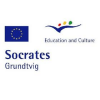
Socrates Grudtving
Approfondisci
Iscriviti alla newsletter
Gruppo di lavoro

Partner di progetto
